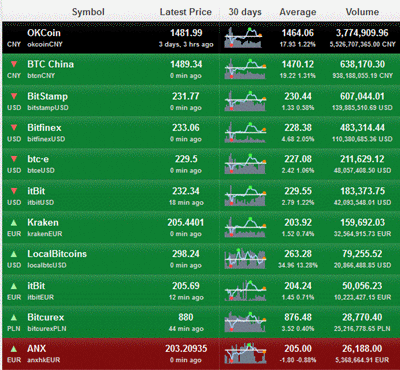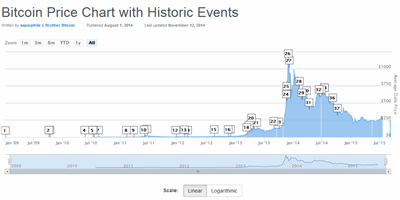A search on 'chess bitcoin' uncovers a number of resources, of which the first is a FAQ-style page on Chess.com: Can I purchase a membership with Bitcoin?
You can now pay for your Chess.com membership using Bitcoin! We have partnered with Coinbase to accept payments.
It appears that the option has been available for almost two years: Chess.com Now Accepts Bitcoin! (November 2013). Since my own bitcoin is on Coinbase, this would be an easy place for a starter transaction, but I'm already a Chess.com Platinum member and am happy with that. What else is there?
How about this: Chess.com Has a Bitcoin Sister Platform Called Gambit.com (Cryptocoinsnews.com; October 2014)? The introduction to the article explains,
Gambit.com is the name of an up and coming Bitcoin gaming website created by Jay Severson, one of the internet entrepreneurs who took Chess.com from a small business webpage to one of the most frequented online gaming websites (bigger than Zynga) in the world. Users that go to Gambit.com are able to play familiar games against each other in classic PvP internet arcade style; however, there is one featured twist that spices things up quite a bit: real-time betting. Users can choose to wager Bits, Bitcoin bits, or Points, virtual points that are nonredeemable for Bitcoin.
That's nice to know, but although I like to go to a casino once in a while, I'm not much of a gambler and I'm not interested in online gambling. There's also the important issue of whether I can legally do it. I've had several offers from parties who wanted to place ads for online gambling on my web site and I've always thrown them in the digital trash.
How about using bitcoin to buy a chess set? I didn't notice any possibilities while I was researching this post, but I didn't put any effort into it either. I'll look at that for my next post.

